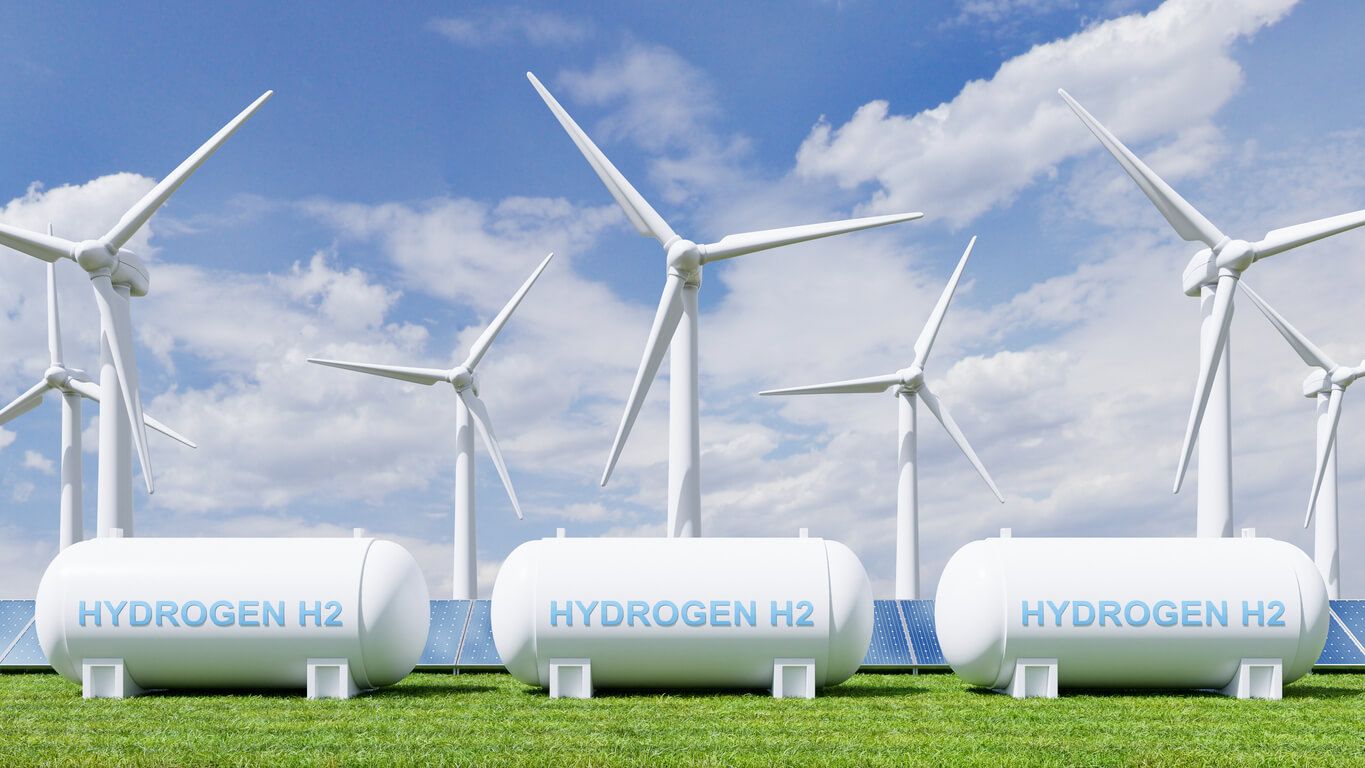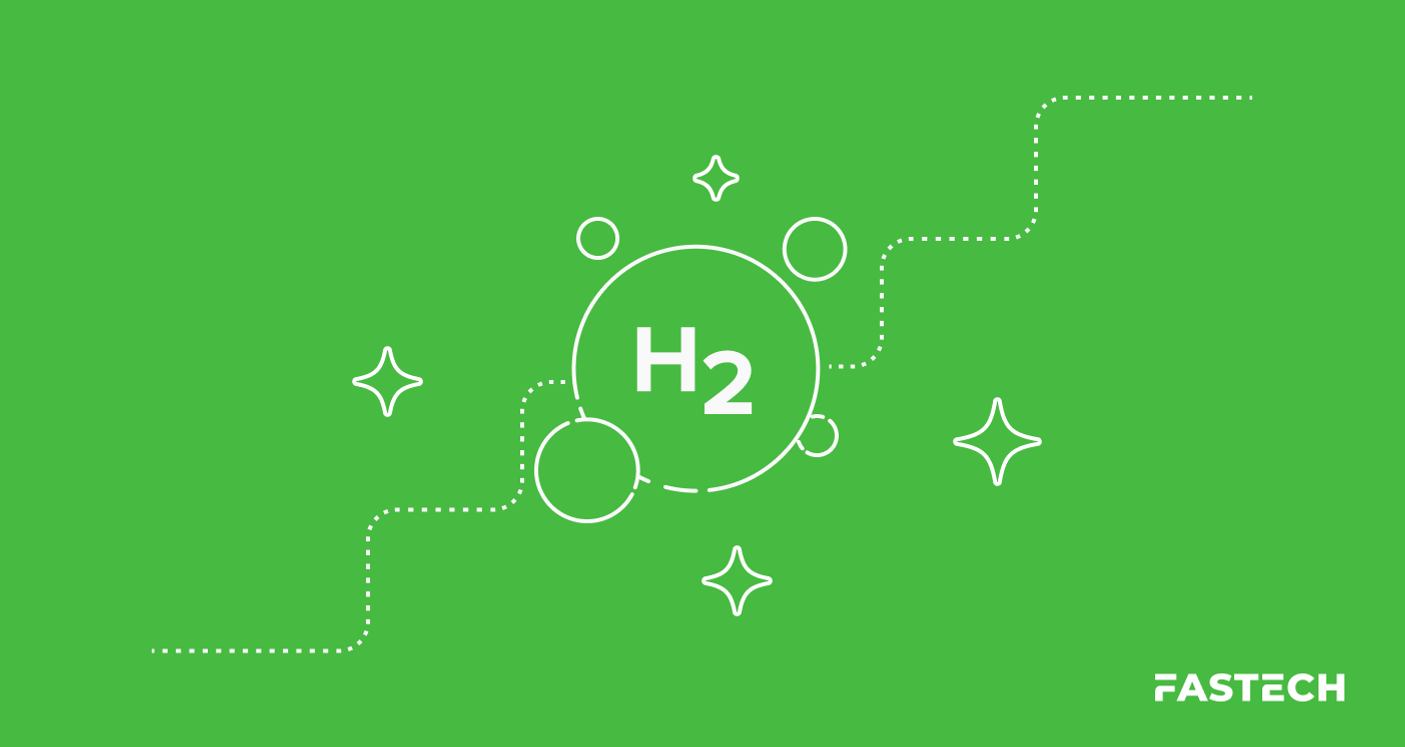Solid-State Electrolytes: Enhancing Efficiency and Safety

In early 2024, the news broke that researchers in Japan made breakthroughs in solid-state electrolytes. Namely, they developed solid electrolyte technology for hydrogen batteries and fuel cells. The group’s lead researcher, Genki Kobayashi, called the discovery a “true milestone” not least because of the potential for easier transport of hydrogen energy at room temperature.
Below, we’ll explain what solid-state electrolytes are, and their advantages, applications, and broader implications for renewable energy. We’ll also touch on some of the potential challenges underpinning this exciting innovation, along with some of the opportunities for future research.
What is a Solid-State Electrolyte?
Solid-state electrolytes are conductors that leverage solid substances rather than liquids to transfer ions between electrodes. More traditional battery constructs (i.e., lithium batteries) rely on liquids such as polymer compounds for this function, which can cause complications with respect to safety and energy efficiency (see below). Solid-state electrolytes bypass this.
Per the Argonne National Laboratory, research into designing better battery electrolytes has long seen solid-state technology as a “game changer.” This is in large part because of the way that traditional liquid electrolytes require careful design around the “interphase” layer within the battery. Solid-state technologies are a way to optimize the gate-like function of this layer to allow for greater stability across temperature ranges, including both extreme highs and lows.
Solid-state electrolytes are among the biggest innovations in fuel cell technology in recent years.
Advantages of Solid-State Electrolytes
As noted above, solid-state electrolytes offer many benefits that offset the risks and costs of traditional liquid electrolyte batteries. This is due to the chemical makeup of the materials.
Consider these properties of solid-state electrolytes, all of which are beneficial:
- Strong chemical compatibilities
- Overall environmental-friendliness
- High ionic conductivity and selectivity
- High thermal and electrochemical stability
- Easy fabrication and excellent mechanical application
- Optimal ionic and electronic area-specific resistances
Inert properties like these help overcome the challenges of liquid electrolytes, allowing for greater stability and safety at scale. This is especially important with respect to hydrogen fuel cells and hydrogen power more broadly, as some of the biggest challenges to hydron adoption involve extreme temperature and pressure requirements. Solid-state mitigates these concerns.
One practical impact is the greater availability of energy for hydrogen fuel cell vehicles. This is important because one of the biggest roadblocks to adoption is hydrogen fuel availability.
Applications in Renewable Energy Technologies
Arguably the most immediate impact of these discoveries is their implications for hydrogen fuel cell batteries. Per expert consensus, solid-state electrolytes will likely make for better hydrogen batteries and fuel cells. Solid-state tech will help overcome “hydrogen non-stoichiometry,” which was identified as the single biggest obstacle to efficient fuel cell development.
In practical terms, automakers and other power players leveraging hydrogen’s promise can likely expect greater efficiency, which could lead to prioritizing hydrogen in their future offerings.
But the implications are not limited to conventional hydrogen fuel cells. Per Matmatch, two other major applications are in electrolyzers and solar cells. These are climate-friendly batteries that generate hydrogen power by leveraging carbon dioxide and solar power, respectively.
What this all means is that solid-state electrolytes will facilitate renewable energy resilience.
Impact on the Renewable Energy Sector
Overall, this technology figures to benefit the renewable energy sector in three main ways:
- Improving efficiency in energy production and reservation over time
- Enabling greater scalability due to reduced infrastructure requirements
- Facilitating cost-effectiveness for industrial and end-consumer use cases
These benefits amount to greater decarbonization across the energy and technology sectors, spanning fuel sources, energy transportation and storage, carbon capture, and carbon recycling.
More broadly, solid-state electrolytes can facilitate the widespread adoption of hydrogen, which is a boon to both stakeholders within the energy sector and the world at large. Companies like RIKEN, which pioneered this research, also present opportunities for forward-thinking investors.
Challenges and Opportunities
While solid-state technology will almost certainly benefit renewable energy and connected market sectors, some potential challenges must be considered moving forward.
Research into the challenges of solid-state electrolytes highlights technical difficulties with respect to ionic conductivity, interfacial impedance, and overall manufacturing. Namely, scientists have identified greater potential for conductivity in ceramics than in polymers, amounting to challenges in pursuing optimal results at scale due to ceramic costs.
These technical difficulties create obstacles to efficient research and production at scale.
However, the opportunities for efficiency and scalability abound for organizations already involved in renewable energy production. For example, tri- and multi-generation plants can consider leveraging efficient, solid-state solutions for hydrogen (and other) by-products.
The Future of Renewable Energy
Ultimately, advancements in solid-state electrolyte technology augur further development in the already promising future of renewable energy. Despite potential challenges, greater facility in transport and solid-state hydrogen storage is a boon to researchers, adopters, consumers, and the world at large.
Here at FASTECH, we’re believers in the promise of renewable energy. We’re committed to helping organizations invest in and reap the reward of sustainable infrastructure. We offer a suite of renewable energy Engineering, Procurement, and Construction (EPC) services covering every element of energy projects, from initial planning through long-term maintenance.
To learn more about how we can help your organization, get in touch today!




